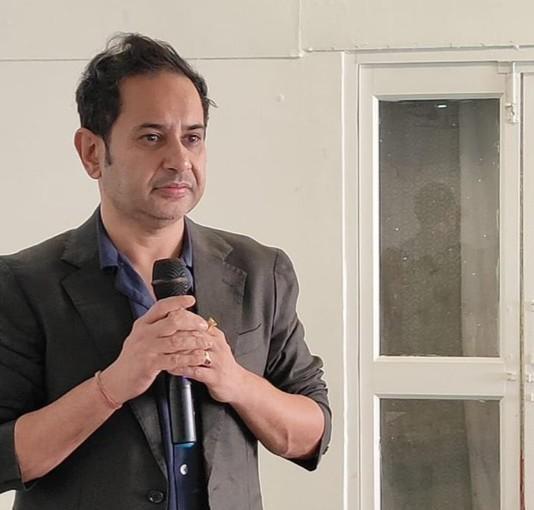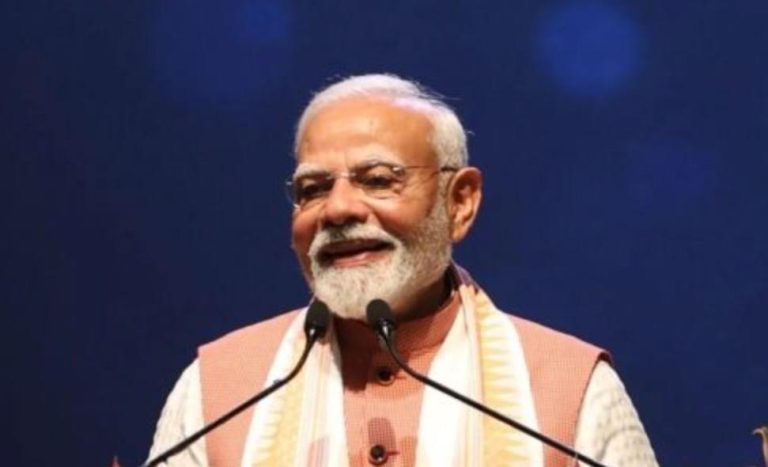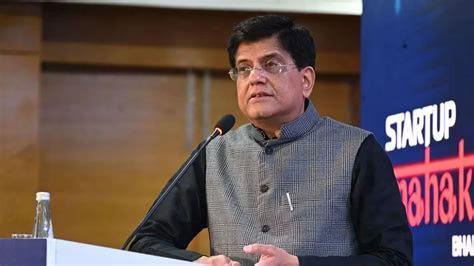
Might as well break up B’desh: Tripura royal Pradyot on Yunus’ ‘guardian of ocean’ remark
In a recent controversy, Muhammad Yunus, a renowned Bangladeshi economist and Nobel laureate, made a statement that has sparked outrage among the people of northeastern India. Speaking at a conference, Yunus referred to Bangladesh as the “guardian of the ocean” while highlighting the geographical limitations of the northeastern states. However, his comment has been met with strong resistance from Pradyot Manikya, the founder of Tipra Motha party and scion of the erstwhile royal family of Tripura.
Pradyot Manikya took to social media to express his outrage and disappointment over Yunus’ statement. In a tweet, he said, “Might as well break up B’desh: The moment you say northeastern states are landlocked and Bangladesh is the guardian of the ocean, you are implying that Bangladesh is superior to the northeastern states. There are lakhs of Tripuri, Garo, Khasi, and Chakma people who reside in Bangladesh in terrible conditions.”
Manikya’s tweet highlights the long-standing issues faced by the indigenous people of Bangladesh, particularly the Tripuri, Garo, Khasi, and Chakma communities. These communities have been struggling for recognition, rights, and better living conditions for decades. The fact that Yunus’ statement has been met with such indifference and lack of empathy has added fuel to the fire.
The northeastern states of India, including Tripura, Assam, Meghalaya, and others, have a unique cultural and historical identity that is distinct from the rest of the country. However, despite their rich cultural heritage and natural resources, the region has often been marginalized and neglected by the central government.
Pradyot Manikya’s party, Tipra Motha, has been advocating for the recognition of the indigenous people of Tripura and their rights to self-governance. The party has also been pushing for the development of the region, including the construction of a railway line and the improvement of healthcare facilities.
Yunus’ statement has sparked a debate about the historical and ongoing issues faced by the northeastern states. Many have argued that the statement is a reflection of the colonial mindset that has perpetuated the idea of the “border” and the “other”. The statement has also highlighted the lack of understanding and empathy towards the plight of the indigenous people of Bangladesh.
In recent years, there have been several instances of human rights violations and harassment faced by the indigenous people of Bangladesh. In 2020, a report by the Human Rights Watch highlighted the exploitation and abuse of the Tripuri people in Bangladesh. The report documented cases of forced labor, child labor, and sexual exploitation, among other forms of abuse.
Pradyot Manikya’s tweet has sparked a nationwide debate about the issue. Many have taken to social media to express their outrage and disappointment over Yunus’ statement. The tweet has also sparked a discussion about the historical and ongoing issues faced by the northeastern states and the need for recognition and empowerment of the indigenous people.
In conclusion, Pradyot Manikya’s tweet has highlighted the need for empathy and understanding towards the plight of the indigenous people of Bangladesh. The statement by Muhammad Yunus has sparked a debate about the historical and ongoing issues faced by the northeastern states and the need for recognition and empowerment of the indigenous people. As the debate continues, it is essential that we remember the struggles and sacrifices of the Tripuri, Garo, Khasi, and Chakma people and work towards creating a more inclusive and equitable society for all.
Source: https://x.com/PradyotManikya/status/1906924621166968868






